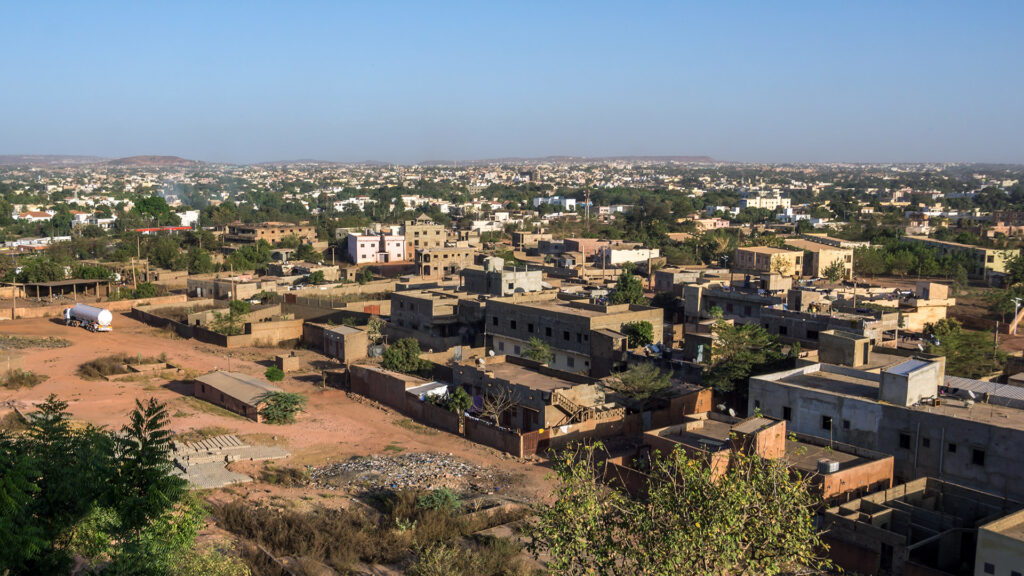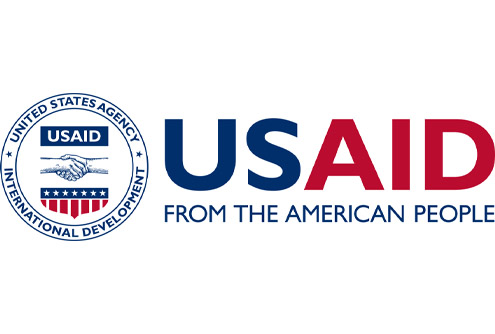Priority activities
On the outskirts of the urban commune of Diffa, displaced people from seven different villages within, and outside of, Niger have fled to the village of Awaridi. DEMI-E utilised the VFL methodology to identify the main challenges displaced people face. This included access to basic social services, exclusion from laws and strategies, and lack of DRR knowledge. As revealed through the urban living labs process, the community agreed that access to basic services including healthcare, housing, and food were its main priorities.
In order to ensure that displaced people have access to government services, DEMI-E partnered with relevant government authorities to issue civil status documents to 3,000 displaced people. The documentation initiative prioritised women and children.
Project participants advocated for the views of displaced people to be included in a national humanitarian policy and disaster management document. They also took part in campaigns to raise awareness of Law No. 2018-74 on the protection of, and assistance to, internally displaced persons. Engaging more than 10,000 people, the campaign led Diffa regional authorities to take into account the movement of people in the regional response plan to crises and disasters.

